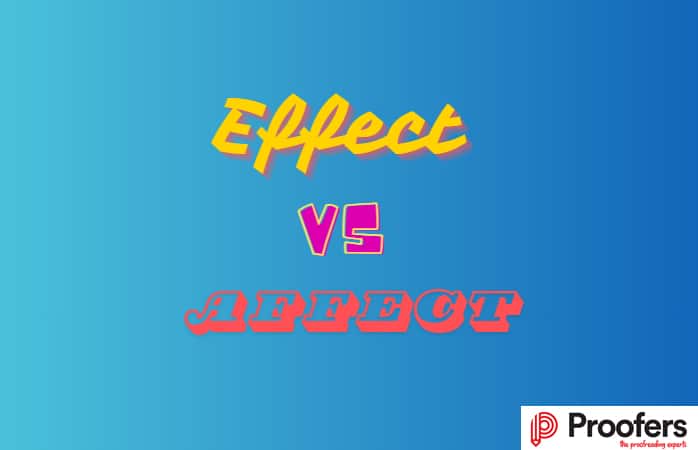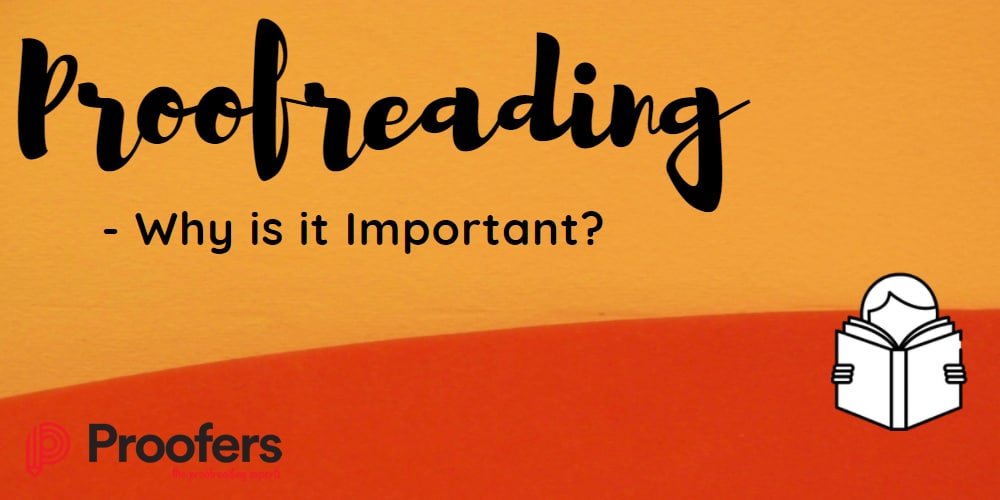Understanding the Difference Between Effect and Affect
Although effect and affect are commonly confused, they serve different functions in sentences and are not interchangeable. Their distinctions lie in their grammatical roles and meanings. Let’s break down each term in detail to understand when and how to use them correctly.
Affect as a Verb
Affect is primarily used as a verb in UK English, meaning to influence or make an impact on something. When you affect something, you are actively causing a change or having an influence on it.
Example 1:
“The weather can significantly affect our mood.”
(Here, affect refers to the influence that weather has on our emotional state.)
Example 2:
“The new policy will affect small businesses.”
(In this case, affect means the policy will have an impact on small businesses.)
Think of affect as the action—something is happening or changing due to an influence.
Effect as a Noun
Effect, on the other hand, is usually a noun. It refers to the result or outcome of a change that has occurred. If something affects a situation, the effect is the result of that change.
Example 1:
“The new policy had a negative effect on employment rates.”
(Here, effect is the outcome or result of the policy’s influence.)
Example 2:
“Exercise has many positive effects on health.”
(In this sentence, effects refers to the benefits or results that come from exercising.)
Think of effect as the end result—what has happened as a consequence of some action or change.
Affect as a Noun (Less Common)
In more specialised fields like psychology, affect can be used as a noun, but this usage is rare in everyday language. In this context, it refers to an emotional state or mood.
Example:
“The patient showed flat affect during the consultation.”
(Here, affect describes the person’s emotional expression.)
However, in most general contexts, you will use affect as a verb, and effect as a noun.
Effect as a Verb (Less Common)
On rare occasions, effect can be used as a verb, meaning to bring about or cause something to happen. This is not as common in daily use, but it is important to note for formal or technical writing.
Example:
“The government hopes to effect positive change in education.”
(Here, effect means to cause or bring about change.)
Effect as a Verb (Less Common) Summary of Key Differences
Affect is usually a verb, meaning to influence or change something.
Effect is usually a noun, referring to the result or outcome of a change.
In rare cases, affect can be a noun (in psychology), and effect can be a verb (meaning to cause something).
Quick Tip to Remember
If you’re unsure which word to use, remember this simple tip:
Affect is the Action (verb); Effect is the End result (noun).
By keeping these key distinctions in mind, you’ll be able to confidently choose the correct word and avoid common writing mistakes.
If you often confuse words that sound alike, you’re not alone. Many commonly confused words are actually homophones. To understand more about these easily mixed-up terms, check out our guide to common homophones.
If you’re still having trouble understanding the distinction between effect and affect, don’t worry! These two words can be tricky, but our team at Proofers is here to help. Feel free to contact us for further clarification or assistance with your writing. We’re happy to ensure your work is clear, polished, and grammatically correct. Reach out to us at any time!
Additional Resources
Explore these further resources to enhance your understanding of the differences between the words ‘Effect and Affect’ and delve deeper into other related grammar topics:
- BBC Learning English – Affect vs. Effect
BBC Learning English provides resources and practical exercises for English language learners, including explanations of commonly confused words like “affect” and “effect.”
- Merriam-Webster – Affect vs. Effect
The Merriam-Webster dictionary provides definitions and usage examples for “affect” and “effect,” helping clarify when to use each word.
- How to spell ‘Does’
Further enhance your grasp of English verbs and their applications by exploring our comprehensive guide on ‘How Do You Spell ‘Does‘. This article delivers crucial insights into accurate spelling and grammar to help refine your writing skills.
- Ware or Wear? – What’s the difference?
Struggling with homophones like ‘ware’ and ‘wear’? Our blog post delves into these commonly confused words, providing clear explanations to help you master their usage. Discover more by reading our guide on ‘Ware or Wear‘ and enhance your writing skills.






